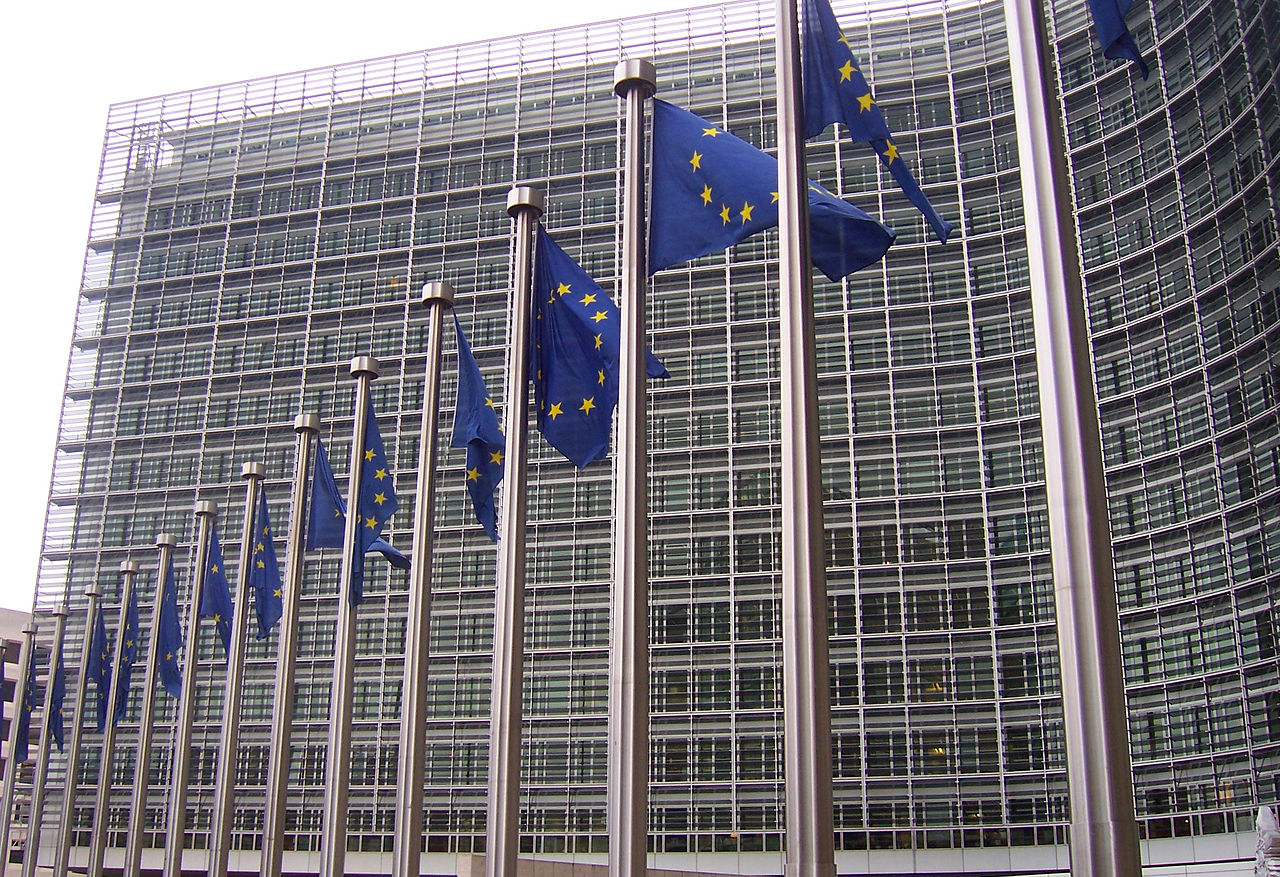The Power to Tax Might Destroy the EU
Posted on August 30, 2016

By Amio Cajander - http://www.flickr.com/photos/10209472@N03/1854625464/, CC BY-SA 2.0, https://commons.wikimedia.org/w/index.php?curid=18295545
Seven years after the War of 1812 commenced, and five years after Francis Scott Key penned the lyrics to our national anthem, John Marshall wrote these immortal words: “The power to tax involves the power to destroy.”
America was still struggling to define itself as a nation. Having fought off its former rulers, the Federal government now was trying to unify its various states, although in the process, it encountered resistance.
Slavery, of course, was largely an unresolved and ever-present festering sore, a boil that would not get lanced until the States set upon themselves in open warfare in 1860.
But in 1819, John Marshall, Thomas Jefferson’s cousin and perhaps the most powerful and consequential chief justice in history, ruled that a law passed by Congress, lawfully and in accordance with the Constitution, could not be ignored by the States.
The exact controversy dealt with the Second National Bank and the State of Maryland’s efforts to put it out of business by basically taxing it to death.
Congress had created the bank, fairly and squarely. The State of Maryland, however, did not like that Federal government had created such a bank and established a branch in Baltimore, without the express permission of the state legislature.
Marshall found that the efforts to destroy the Second National Bank through the power of taxation was not legitimate and in doing so, he set an important precedent in American judicial history that gave incredible power to the United States Congress and to the Federal government.
I was thinking about this precedent in the context of the action by the European Council to make Ireland collect back taxes from Apple.
Ireland bitterly opposes this ruling, despite the fact that it could gain about 15 billion Euros from the maker of the iPhone, because they believe that the EU is trying to destroy its sovereignty and, more importantly, its ability to create a competitive advantage for its economy.
The Irish are right. The European Union, especially Germany and France, hates Ireland’s tax regime because it gives the Irish a competitive advantage. The Irish are also correct because under the rules that initially established the EU, neither the Commission, nor the Council nor the European Parliament, has the power to directly levy taxes upon Member states.
In fact, it you look at the Fact Sheets put out by the EU, it says it right here, “The field of direct taxation is not directly governed by European Union rules.”
Of course, as with all things tax related, things are more complicated than that. The EU, for example, agreed at the outset to collect value added taxes, and any country than now wants to join the EU must establish a VAT to help pay for the operations of the European government.
Europe’s insatiable desire to tax is one of the big reasons that some in the UK government wanted to Brexit. But when the Brits decided to leave the EU, it made the Irish more vulnerable to this kind of move by the Commission.
Both the Irish and Apple are going to appeal this decision by the Brussels regime, but it is not clear how it will play out.
The fact is that Ireland’s corporate tax rate has long been in a thorn in the side of the other Member States of the EU. Ironically, by cutting the rate, the Irish have inspired many of its fellow European countries to do the same. Every EU country has a lower corporate tax rate than the United States.
That doesn’t necessarily mean that the rich get away with not paying any taxes. In fact, in Europe, the top rate on the highest earners is far higher than the American rate.
I am of the opinion that we should ditch the corporate rate entirely and raise taxes on the wealthiest Americans, who surely can afford to pay it. A comprehensive tax reform regime that attracts more businesses here by either eliminating or dramatically lowering the rate while making it more difficult for the Warren Buffetts of the world to find tax loopholes would dramatically grow the American economy.
The European Union is going through many of the growing pains that afflicted America’s development two centuries ago. It’s unclear if they can survive it. The power to tax does involve the power to destroy, and by attempting to increase its ability to tax, the European Union might very well destroy itself.
